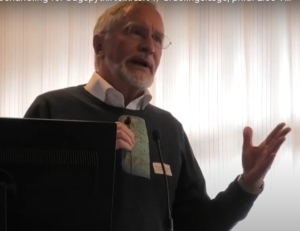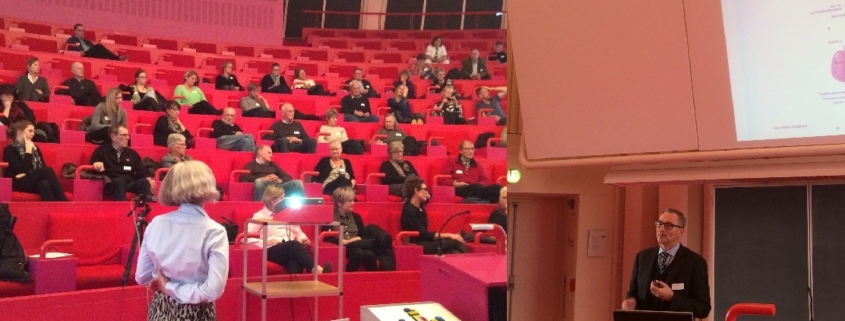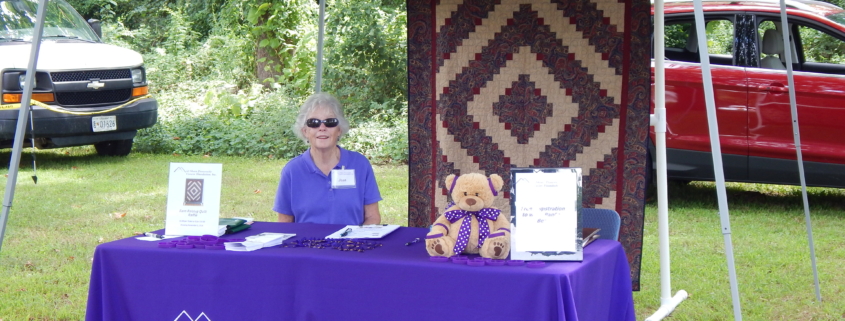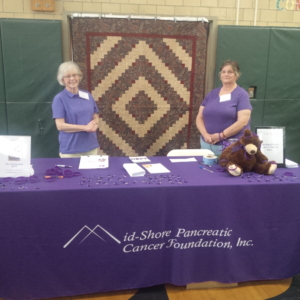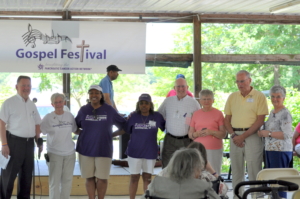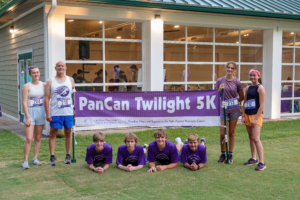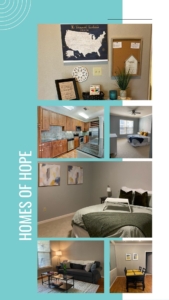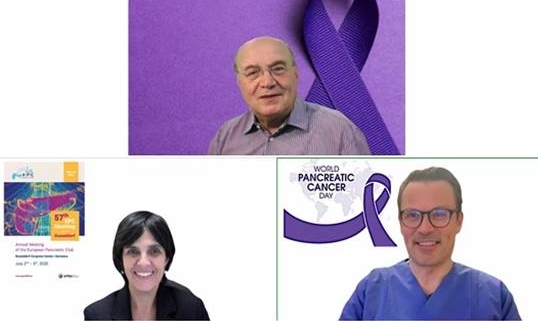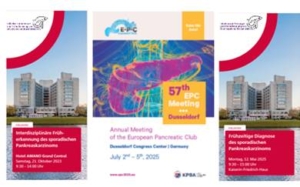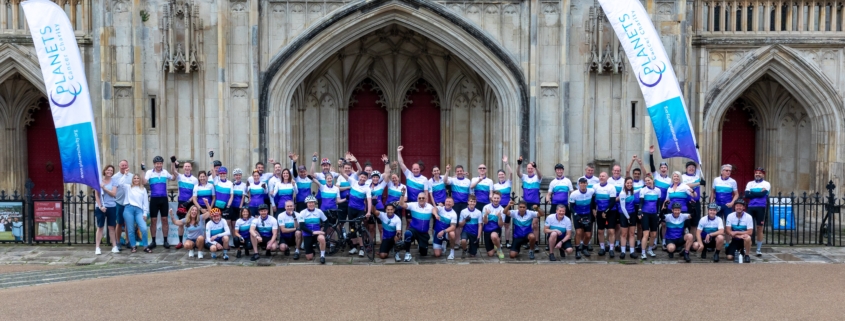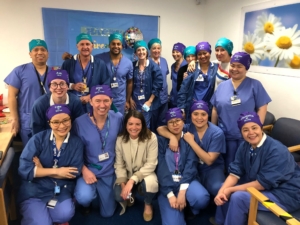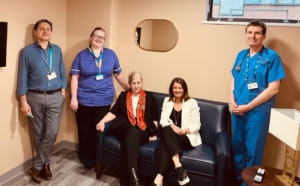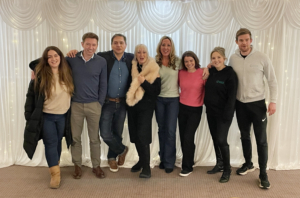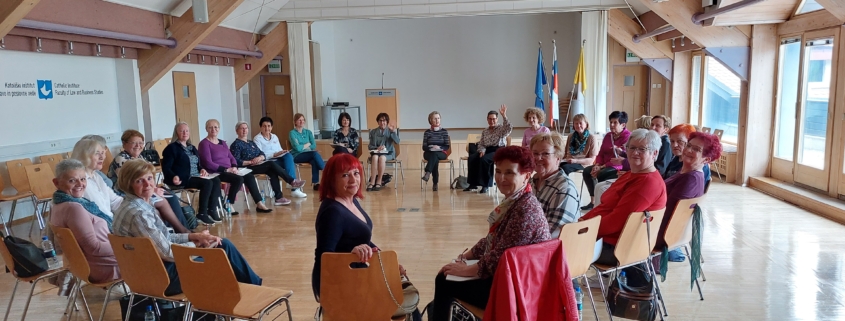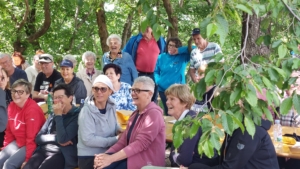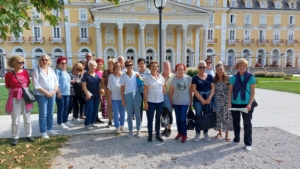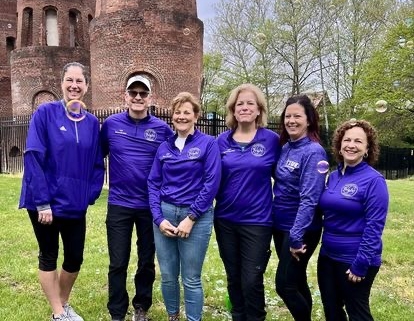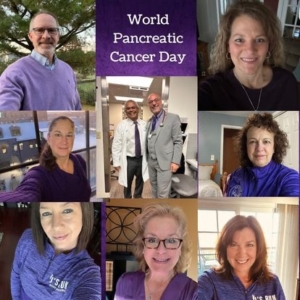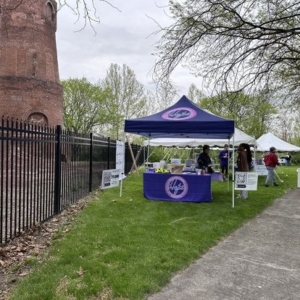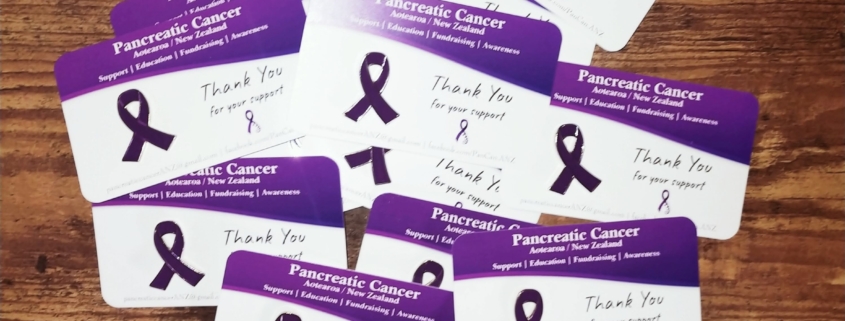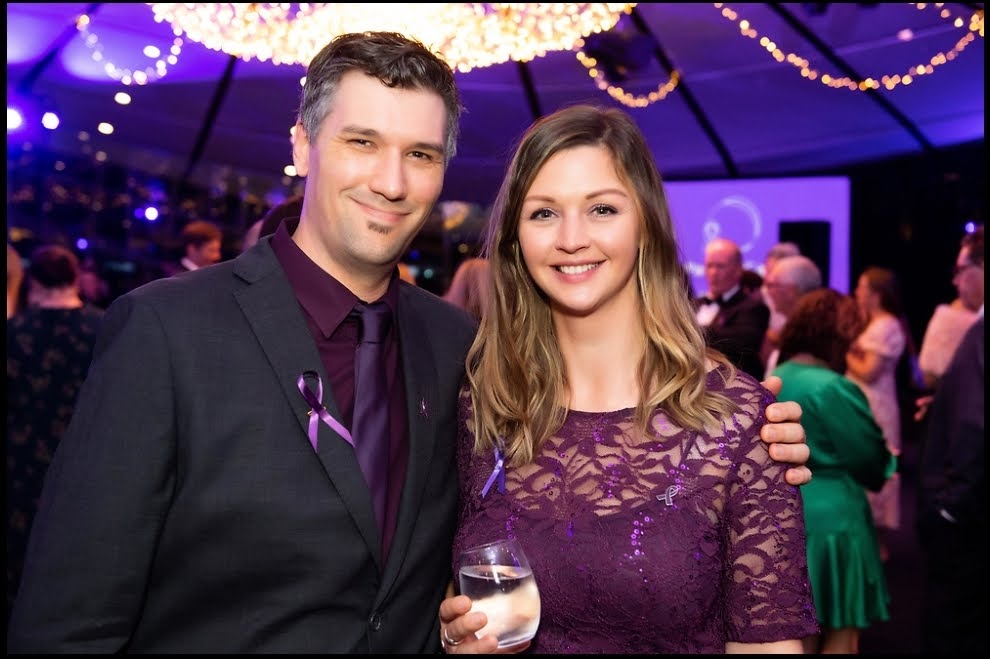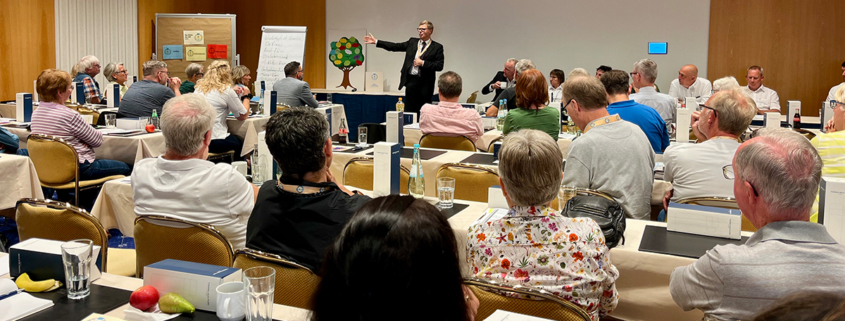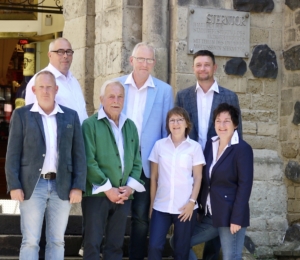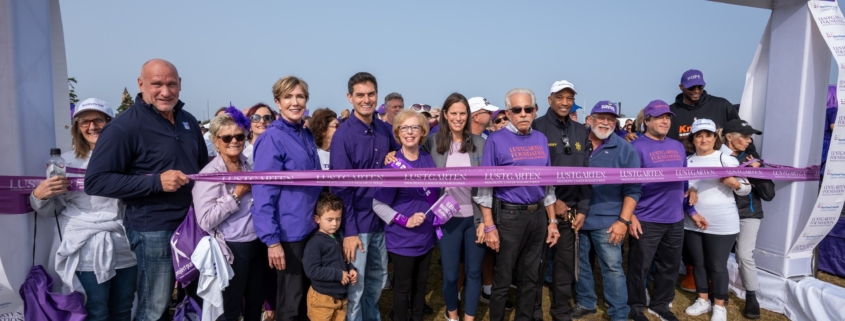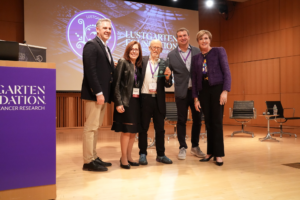In May 2015, 75 patients and relatives met with surgeons and oncologists at Odense University Hospital for a day-long conference on the consequences of being diagnosed with pancreatic cancer, and the complex problems related to life with chemotherapy and a Whipple operation. The conference had been convened on the initiative of two patients, Niels Erik Olesen and Inger Marie Amdi, both of whom unfortunately have since passed away, with the support of oncologists at Herlev University Hospital in Copenhagen, and surgeons at Odense University Hospital, sponsored by the Danish Cancer Society, one of the most influential NGO’s in Denmark. A few weeks after the conference, a small group of patients and relatives gathered at the headquarters of the Danish Cancer Society to initiate the formation of a nationwide network of pancreatic cancer patients and their relatives. They called this new network “Pancreasnetvaerket i Danmark.” The first major activity of the network was a doctor and patient conference at erlev University Hospital in Copenhagen on the first World Pancreatic Cancer Day, in November 2015. The conference was a great success, and has become a traditional event of the Danish organization on the annual World Pancreatic Cancer Day ever since. In May 2016, Pancreasnetvaerket i Danmark was represented at the founding conference of the World Pancreatic Cancer Coalition in Orlando, Florida. And finally, in the spring of 2020, after five years of organizing as an informal network, Pancreasnetvaerket was able to establish itself as a formal nationwide organization.
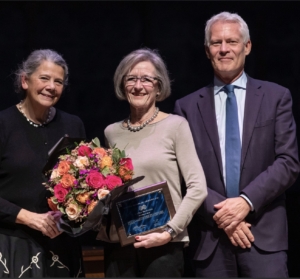
But it soon became clear, that they somehow needed to meet face to face, and after a couple of small local meetings in Copenhagen, the breakthrough came with the aforementioned conference at Odense University Hospital in May 2015. That conference provided a format that could fulfill an important double purpose. Presentations by leading Danish surgeons and oncologists would give them insight into the latest research developments, and the newest progress in diagnosis and treatment, in other words, give them hope. At the same time, the conference would also provide patients and relatives with an opportunity to meet and exchange their experience, problems and solutions with others in the same situation as themselves. Nobody should ever again feel alone in this strange and scary world of pancreatic cancer. So, this has been the main activity of Pancreasnetvaerket in Denmark for almost 10 years now: rendering support and comfort to fellow patients and their spouses and families over the phone and on private fora on the internet, and arranging three to four conferences a year for patients and doctors, primarily at university hospitals that are specialized in treating patients with pancreatic cancer. In this endeavor, they have received full and enthusiastic support from the medical community. Surgeons, oncologists, radiologists and nurses, are all eager to participate in their events, and by now, they know almost everyone who is involved in treating pancreatic cancer in the small Kingdom of Denmark.
A few years ago, when Denmark decided to establish a National Genome Bank, NGB, they were invited to join the Ethics Committee for the National Plan for the Development of Personal Medicine, as a part of the preparation for the NGB. And when the NGB went in operation two years ago, pancreatic cancer was included among the initial limited list of diseases with access to full genome sequencing. Representing a small, but significant group of cancer patients, gives them political clout somewhat stronger than one would expect. Politicians listen when they speak. A few years ago, they learned that the oncologists at Herlev University Hospital in Copenhagen had unsuccessfully been lobbying for years for the necessary funds to establish a regional center for the application of medical treatment of pancreatic cancer. A very good idea, in which they immediately became engaged. At first, they ensured the full backing for the project from the Danish Cancer Society, by arranging a meeting with the national leadership, where the doctors from Herlev Hospital could present their plans. Next, they began lobbying the political leadership of the Copenhagen Region. Here, the ideas of a regional center for the medical treatment of pancreatic cancer sounded much better when presented by patients, than when it came from doctors who could be suspected of merely asking for more money. So, in the fall of 2020, the political council of the Copenhagen Region decided to establish a “knowledge center” for the medical treatment of pancreatic cancer in Herlev University Hospital in Copenhagen.
